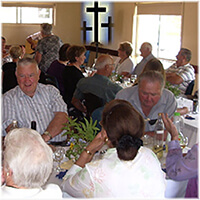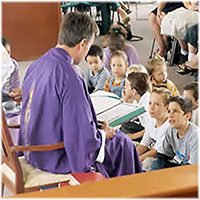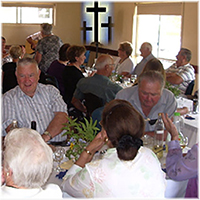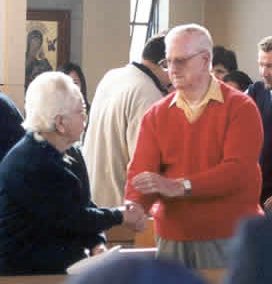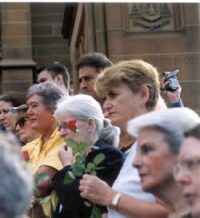
Vital organisations, including parishes, do not stay the same but adjust practices to respond and adapt to current and future needs. Subsequently, the initiatives identified in this research may no longer be practised in the example parishes listed below. Visiting their websites can be a source of ideas for other parishes who are looking to respond to new situations. Contact details are also on the websites to allow interested parishes to obtain further information about the mentioned practices, including why they are no longer used.
Planning
A PARISH MEETING NIGHT
The Parish Meeting Night is a alternate idea for parishes who do not have a formal Parish Council. Held once a month, the Meeting Night is a time when all parish groups come together to have their monthly meetings. The Meeting starts with a prayer for 15 minutes with members of all groups participating together, followed by a time (usually up to an hour) when each parish group meets separately to discuss their own business. The parish priest is always present at the Meeting and is able to attend to small matters in different groups that warrant his attention. The leaders of the parish groups meet about 3-4 times a year in a separate meeting to discuss any urgent matters arising. Large and small parishes that are short staffed might find this model useful. It is a wonderful way to get many people involved in parish groups without each one spending to much time away from their family.
To know more about this activity and how it could help your parish please contact Kings Park parish in Melbourne – https://www.resurrectionkingspark.org/
PACT – PASTORAL ACTION COORDINATION TEAM
The PACT team is a great way to get all the groups in the pairsh to work together. The team is made up of the leaders of all these groups and meets about once a month to share news about the activities they are involved in. The aim of the group is to combine resources together to help a greater section of the parish. This avoids the overlapping of assistance given to any one area and also helps to gain access to the most needy people in the parish community. Groups are able to support each other and work towards meeting the parish needs in the best way possible.
To know more about this group and how it could help your parish please contact Montmorency parish in Melbourne https://www.melbcatholic.org/s/risenchristparish
INTEGRATED COMMUNITY (ALDINGA)
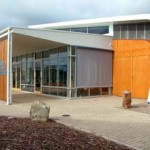 Mary of Galilee Church at Aldinga is one of the Mass centres of Willunga Parish in the Archdiocese of Adelaide. The Aldinga community comprises of the church, the school, the op shop and the Centrecare building. Together they form what is called the “Galilee community”. The former Parish Priest, Fr Charles Gauci, developed a structure to promote lay leadership in the community. There is a single council (The Galilee Council) formed to oversee the needs of the community. They have a “Galilee Council meeting” that is attended by the Parish priest, school principal, members of the Centrecare group and the op shop. All decisions take into account the interests of the whole community, rather than treating the school, the church and the Centrecare group as separate entities.
Mary of Galilee Church at Aldinga is one of the Mass centres of Willunga Parish in the Archdiocese of Adelaide. The Aldinga community comprises of the church, the school, the op shop and the Centrecare building. Together they form what is called the “Galilee community”. The former Parish Priest, Fr Charles Gauci, developed a structure to promote lay leadership in the community. There is a single council (The Galilee Council) formed to oversee the needs of the community. They have a “Galilee Council meeting” that is attended by the Parish priest, school principal, members of the Centrecare group and the op shop. All decisions take into account the interests of the whole community, rather than treating the school, the church and the Centrecare group as separate entities.
To learn more about this group and how it operates contact Willunga Parish— https://www.willungaparish.org.au
I really believe in lay leadership. Involvement is so important. My dream is I would like to see everyone with one little job … and with the help of other parish leaders we have been able to do a lot of that.
I have quite a lot of freedom but I do have a team that I need to consult and I am accountable to my congregation … It’s not hierarchical; I don’t have to pass decisions through a council. I have shared authority hosted by the parish, which means I need to liaise with the parish to book rooms and get help with events.

